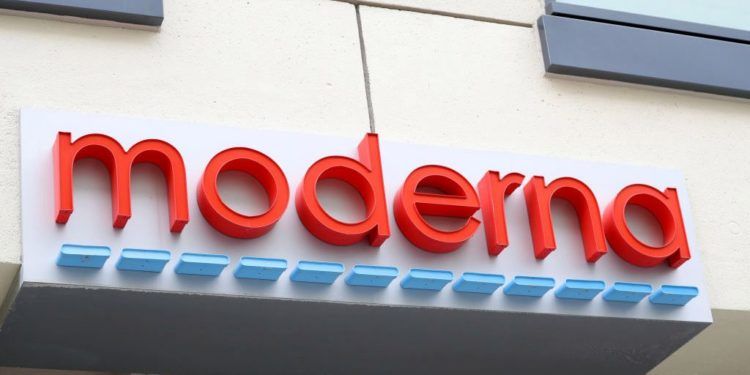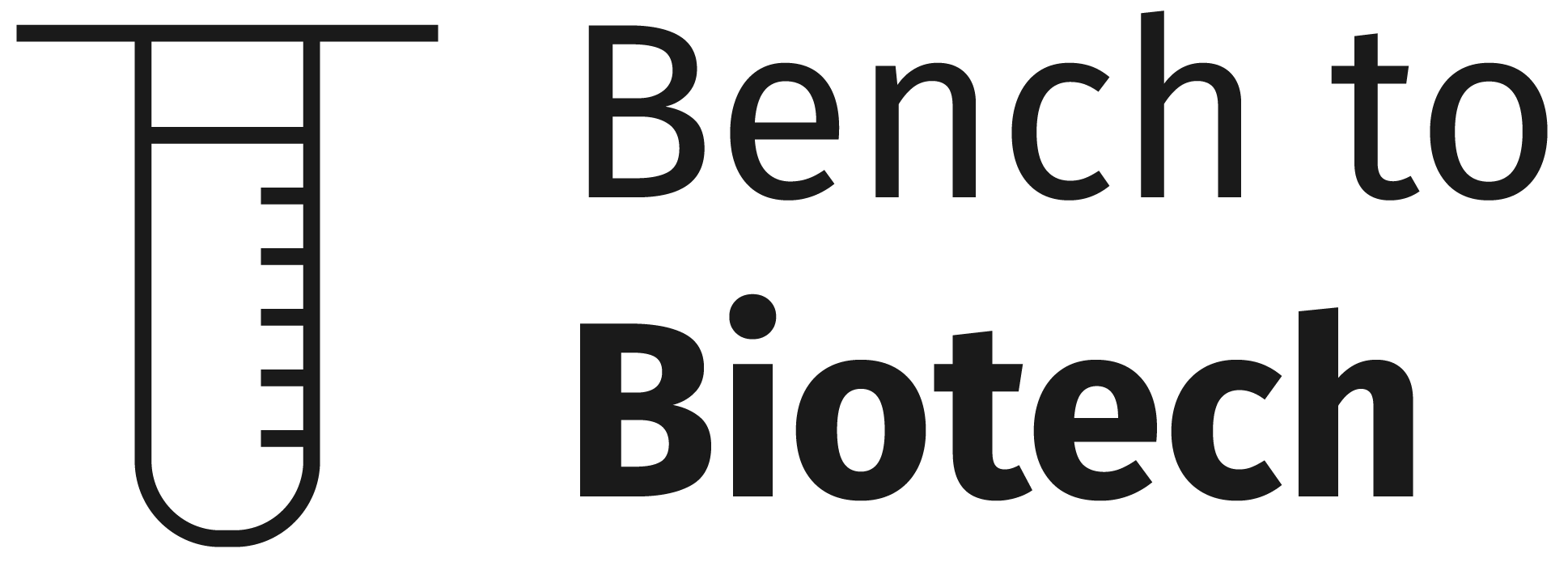mRNA COVID vaccines pull ahead, and I have a favorite
I'm sure you didn't hear it here first, but just in case: Both Pfizer and Moderna have reported early results from their Phase III trials, with 90% and 95% efficacy, respectively.
Of course, there are caveats. Both are reporting on <100 positive patients out of large scale trials containing tens of thousands of patients, so these numbers could get a little better or worse over time. And of course, we don't know the long-term efficacy of these therapeutics.
But heck, after 9 months being trapped indoors with your parents, dogs, and/or children, hope is on the horizon. Pfizer and Moderna are both preparing paperwork for Emergency Use Authorizations (EUA) FDA clearance by the end of the year.
We're not surprised at what's winning
Not to toot my own horn here, but I've been keen on the messenger RNA (mRNA) vaccine strategy for months now. Unlike a standard vaccine, you don't have to culture and attenuate live viruses, which means there is zero risk of catching COVID-19 from the vaccine itself. Instead, the vaccine is delivering the message for the viral protein coat straight into your cells to induce an immune response.
Plus, the technology is infinitely more flexible than other methods because you don't have to repeat the process development for manufacturing and delivery. Just switch out the messenger signal and away you go with a new product.
Supply chain matters: Cold vs really cold
The most striking difference between Pfizer and Moderna's vaccines is not efficacy, it's storage. Pfizer's vaccine must be kept at -80C throughout the supply chain, while Moderna's will be able to remain in the refrigerator for up to a month, and can be stored in a standard freezer.
Setting up -80C freezer farms is no joke, although Fedex and UPS are making herculean efforts to work with Pfizer to meet the need. But these are not cheap, and there's not enough of them. Rural areas with poor access risk being left out.
If the technologies are similar, why the massive difference in storage? Pfizer is relatively new into this space, which has been dismissed for years, licensing the technology from BioNTech to move fast. And because they haven't had the chance to do long-term stability development and testing, they have to err on the side of the most stable storage method or risk being left behind.
Pfizer is making up for this with egregious amounts of cash, including setting up the above freezer farms in record time. And they are doing it all on their own instead of leveraging government distribution, presumably so they can protect their own distribution and profits.
Why Moderna's strategy is a 10-year overnight success:
(And more about mRNA vaccines in general, and why they're neat)

Bonus: Moderna is making some real headway into cancer vaccines, a field that has been stagnant for years despite tremendous efforts.
Let's not trip on the finish line
This all comes not a moment too soon, and maybe a few moments too late. It seems that the US's tenuous adherence to social distancing and stay at home recommendations is breaking down and cases have spiked massively across the US with over 11 Million total cases as of today. Deaths are following rapidly, and in El Paso prison inmates have been recruited to help move bodies.
Unfortunately, both vaccines will take months to manufacture and distribute even if they were approved tomorrow.
So please, even though Thanksgiving is around the corner please stay as cautious as possible. If you intend to gather for the holidays, consider getting tested and otherwise tightly adhere to social distancing protocols. The turkey can't be that good.
Here's a better chart. I put Infections/Hospitalizations on the primary axis, ventilators and deaths on the secondary axis. The next few weeks are going to be brutal. Stay Safe. Avoid public spaces. Wear a mask. https://t.co/d3qzVaeZl8 pic.twitter.com/UATwbZJZhB
— Aziz Gilani (@TexasVC) November 14, 2020

